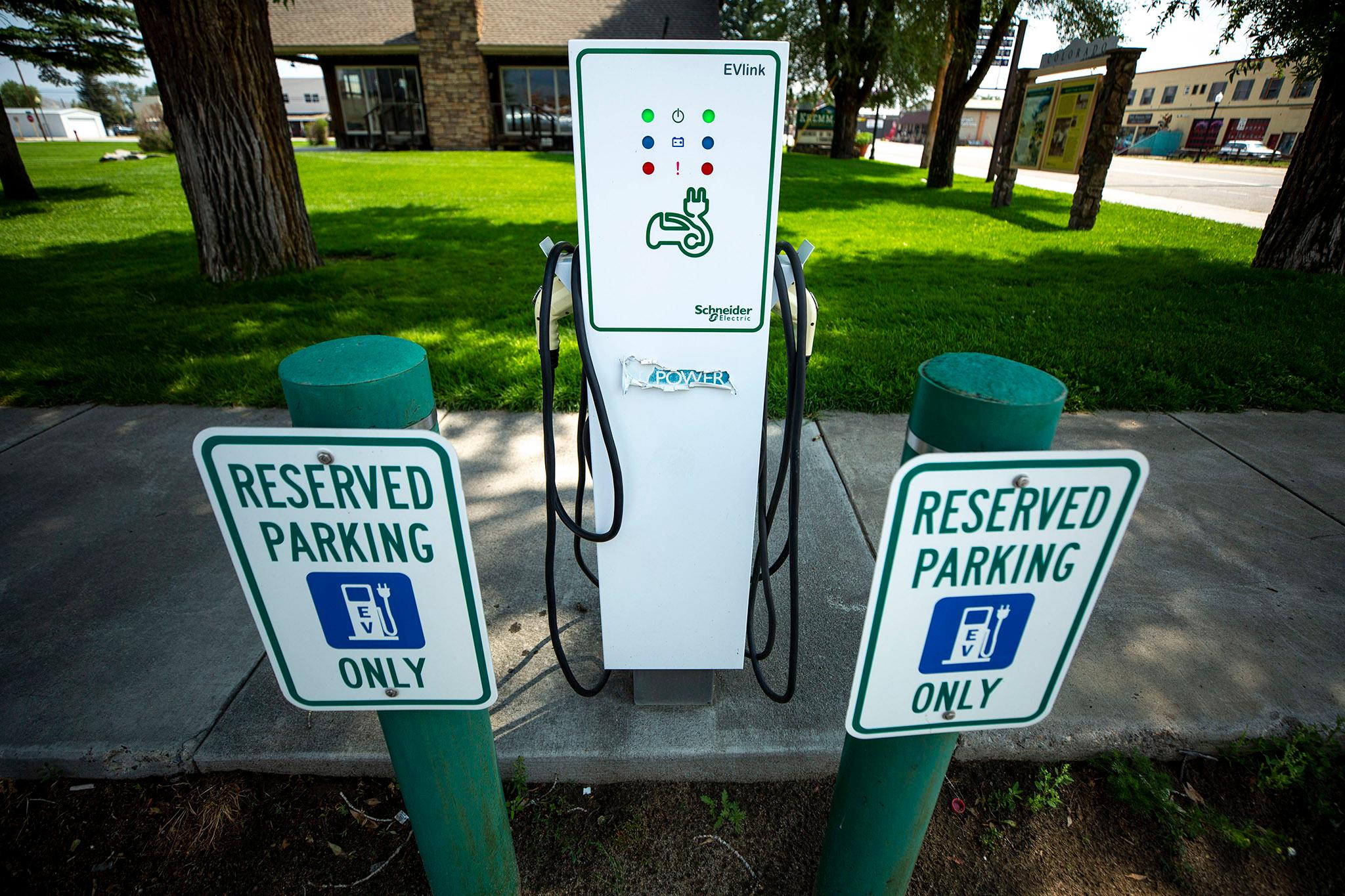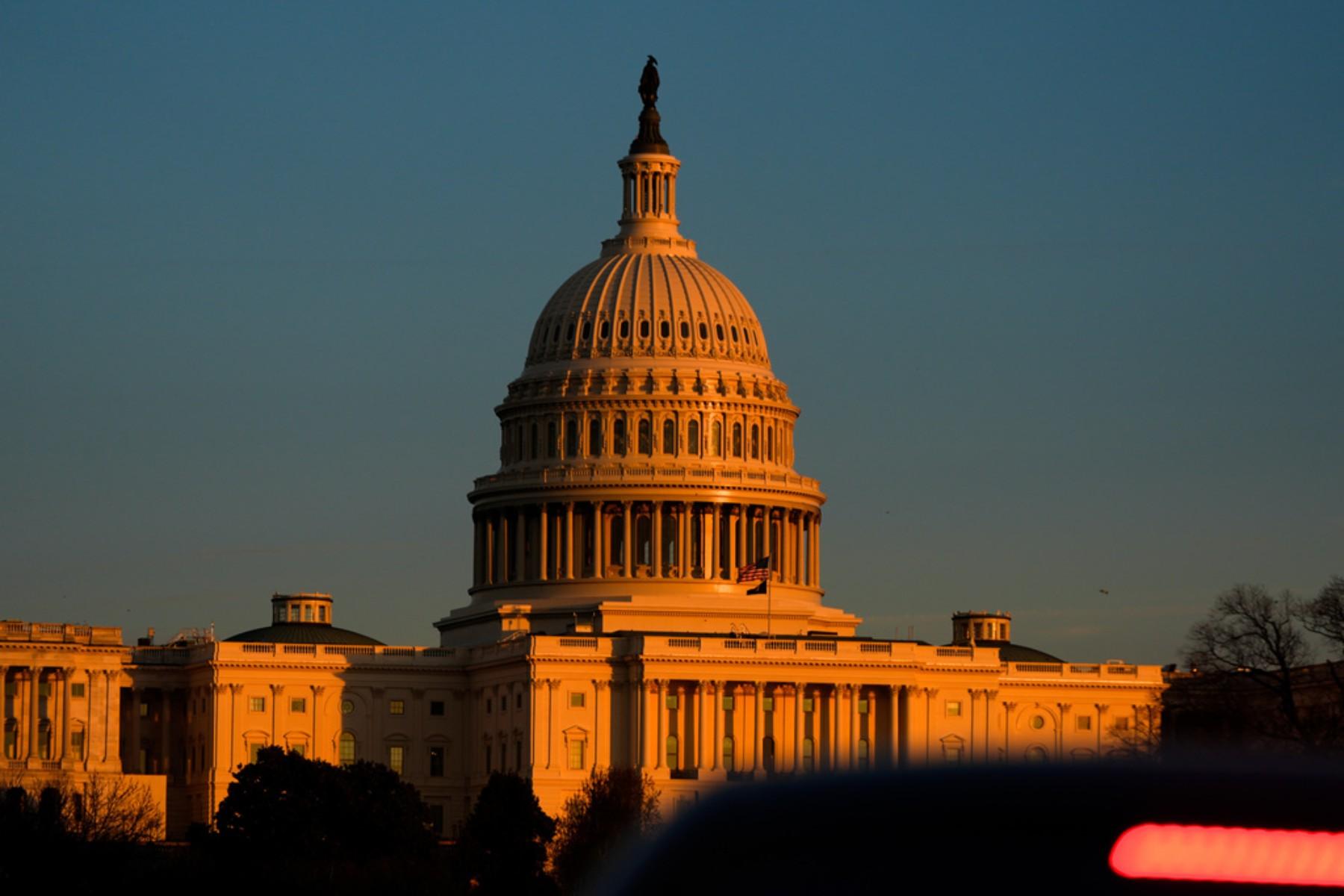
Updated 4:38 p.m.
Colorado does not plan to follow California in adopting a ban on the sale of new gas-powered vehicles by 2035.
Rather, state agencies will continue to pursue policies that incentivize electric vehicle purchases and encourage a wide array of EVs to be available for customers across Colorado. That’s according to an updated strategy roadmap released Thursday.
“We think this is very much the Colorado way,” Will Toor, executive director of the Colorado Energy Office, told the Community Access Enterprise board.
California’s powerful Air Resources Board adopted its 2035 ban, which carves out an exception only for plug-in hybrid cars, in August to much acclaim from air quality and climate change advocates. Other states, including New York, Massachusetts, Oregon and Washington, are following suit. Colorado’s state government has followed California’s clean-vehicle efforts multiple times in the past and has struggled to reduce climate emissions from transportation.
Gov. Jared Polis’ administration is proposing a modified version of California’s “Advanced Clean Car II” regulations that would require auto manufacturers to sell 80 percent electric vehicles in Colorado by 2032 but stops short of California’s 100 percent by 2035 standard.
That proposed standard is part of the latest update to the state’s existing comprehensive EV plan, most recently updated in 2020. The update now ties together new programs from the state and federal governments covering light-duty vehicles, heavier vehicles like trucks and buses and even electric bicycles. That includes new state incentives in 2023 that will help low-income residents afford electric vehicles and bicycles.
Toor predicts the proposed standards, in conjunction with consumer incentives, charging infrastructure and other programs, will build a market for EVs and result in Colorado reaching what he hopes will be an EV “tipping point” of 25 percent of new vehicle sales in 2025.
“We think that’s a great place to be just sort of moving forward in ways that still maintain consumer choice, but are going to move us irreversibly to very deep penetration of electric vehicles,” Toor said in an interview.
Toor said the Polis administration has used a heavier hand with regulation in other sectors, like energy production. He pointed to a “scorecard” analysis of six states’ climate policies as of 2020 from environmental think-tank RMI that suggests that Colorado’s approach is working.
“That suggests to me that not only do we have an approach that I think is able to be long-lasting and politically viable and maintain support over time, which I think is really important, but that at least according to their analysis, is the most-effective approach of any state in the nation — outside of possibly California,” Toor said.
Electric vehicles make up nearly 10 percent of new car sales in Colorado, according to industry data. Toor said the state is on track to meet its goal of 940,000 EVs in the state by 2030.
A handful of environmental groups lauded the Polis administration’s proposed clean car standards. Travis Madsen, transportation program director for the Southwest Energy Efficient Project, which Toor used to run, called it an “important step.”
“Accelerating our transition to electric vehicles will save every Coloradan money, help protect our fragile climate, clean up smog along the Front Range, and improve public health,” Madsen wrote in an email.
Kelly Nordini, CEO of Conservation Colorado’, added: “Today's announcement sets up the state to act quickly to secure more EV options and cleaner air for Coloradans, and urgency is the priority.”
Other environmental groups, however, said they were disappointed that Colorado does not plan to match California’s 2035 ban.
“Colorado faces an air pollution crisis, ongoing drought, and devastating wildfires. Coloradans want strong climate action and ‘part way’ is not an option,” said Alana Miller, Colorado Policy Director at Natural Resources Defense Council.
Juan Roberto Madrid, a clean transportation and energy policy advocate at GreenLatinos, said he was also disappointed.
“It seems we could move faster, given there is momentum with increased market share and this could translate into improved air quality for disproportionately impacted communities and reduce the burden of disease progression for those living in the worst-polluted areas of the metro area and the state,” he wrote in an email.
The Colorado Automobile Dealers Association applauded the state for not throttling gas-powered vehicle sales.
“A Colorado solution for reducing transportation emissions is an 'all-of-the-above approach', including electric, hydrogen, hybrid and internal combustion engine vehicles,” association President and CEO Tim Jackson said in a statement.
The state is accepting public comment on its updated EV plan through the end of the year. The proposed vehicle standards will need to be approved by the Air Quality Control Commission.
Editor's Note: This story has been updated to add comments from GreenLatinos and the Colorado Automobile Dealers’ Association.









